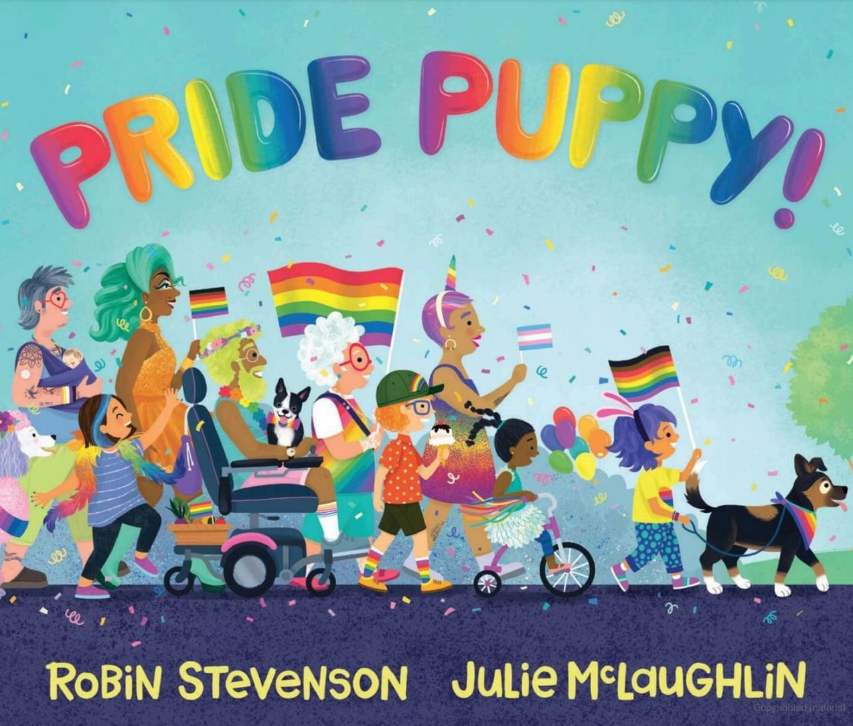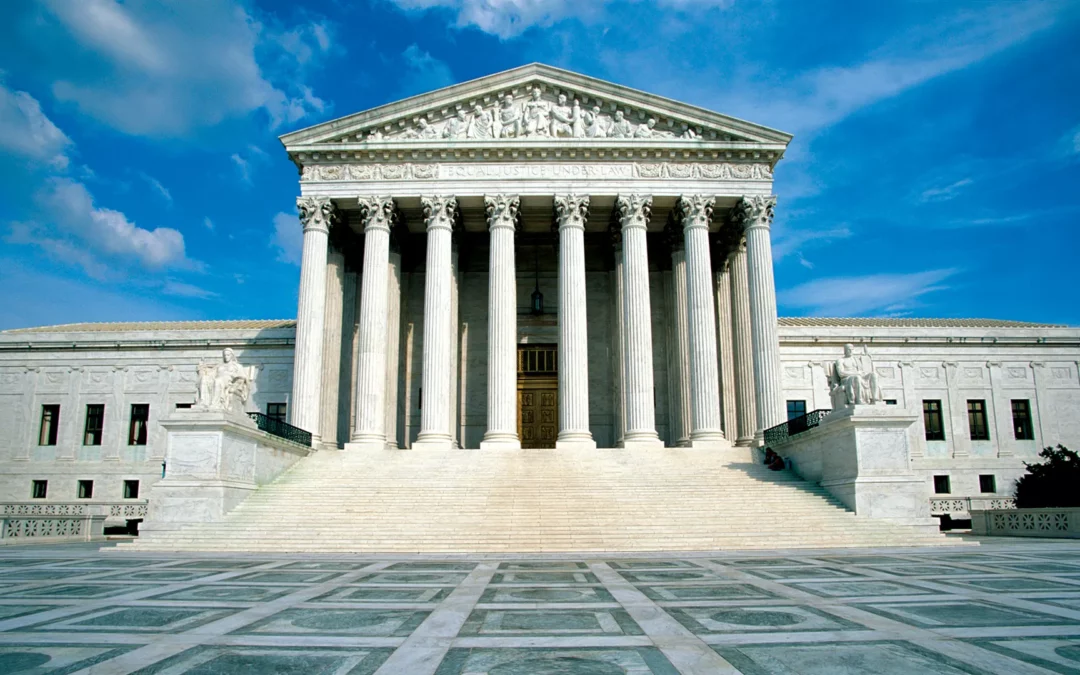In a landmark ruling, the U.S. Supreme Court has decisively upheld parental rights, confirming that parents possess the constitutional authority to shield their children from classroom instruction that undermines their religious beliefs. This significant decision in Mahmoud v. Taylor marks an essential step forward in affirming parental authority and sets an important precedent for school districts nationwide, including here in Pennsylvania.
What is this case about?
The case centered around Montgomery County, Maryland, where parents of diverse religious backgrounds—Muslim, Catholic, and Orthodox—challenged a policy mandating elementary students to read LGBTQ-themed books without prior parental notification or the option to opt out. Under the guise of “tolerance” and “diversity,” the district introduced books with highly sexualized content to preschoolers and directed teachers to use non-neutral scripts that shame dissenting views. When too many parents objected and requested to opt their children out of this programming, the district deemed it “administratively infeasible” and refused to allow this accommodation for the families.
Although the Supreme Court’s majority opinion did not explicitly cite the most egregious example used by Montgomery County—Pride Puppy!—this book was among those at the center of parental objections. Specifically aimed at preschool-aged children, Pride Puppy! included interactive prompts asking three- and four-year-olds to search illustrations containing explicit sexual references such as “leather,” “lip rings,” and “underwear,” along with identifying a known sex worker by name and image. This extreme example highlights the nature and validity of parental concerns, even if the Supreme Court chose not to reference it explicitly in their final opinion.

Independence Law Center legal counsel Lauren Hackett wrote this in the Post-Gazette, “Even more concerning is that teachers in this district were equipped with guidance to override a child’s discomfort or disagreement. The goal was not discussion — it was conformity. The materials instructed educators to guide children toward the school’s preferred viewpoint, subtly training them to dismiss any alternative perspective, especially those informed by religious belief.
The Fourth Circuit Court had previously sided with the school district, claiming parents had no constitutional right to exempt their children from this content. However, the Supreme Court reversed this decision, asserting clearly that a school policy that compels children to engage with material contradicting their family’s religious values represents a substantial burden on parental religious exercise.

In the majority opinion, the Court articulated that “a government burdens the religious exercise of parents when it requires them to submit their children to instruction that poses ‘a very real threat of undermining’ the religious beliefs and practices that the parents wish to instill.” The Court specifically noted about the books in question, “The books are unmistakably normative. They are designed to present certain values and beliefs as things to be celebrated, and certain contrary values and beliefs as things to be rejected.” In other words, the books clearly promote one set of values while explicitly rejecting and discouraging others.
This outcome is not only a triumph for the families involved but also for all parents across America. It affirms that educational policies should not impose specific ideological viewpoints on children, especially when these viewpoints directly conflict with deeply held religious beliefs. Jeff Trimbath, President of our sister organization, Maryland Family Institute, noted in his op-ed for the Baltimore Sun, “No school district should ever use its authority to indoctrinate children or conceal information from their families.” Trimbath emphasized that this case “was never about banning books or stigmatizing students. It was about the rights of parents to educate their children according to their values.”
Here in Pennsylvania, our team at Independence Law Center helps good school boards proactively pass policies that ensure parents’ opt-out rights are respected. We also played a supporting role in the Supreme Court case itself by filing an amicus curiae (friend of the court) brief advocating on behalf of parental rights. Our brief highlighted the Third Circuit’s parental primacy standard, which prioritizes parental decision-making when school programming significantly impacts children’s moral and religious formation. This standard was notably applied in the recent Pennsylvania district court case Tatel v. Mt. Lebanon School District, reinforcing its importance and applicability across similar cases.
Randall Wenger, Chief Counsel at the Independence Law Center, praised the Court’s decision, stating, “This landmark decision underscores the essential role parents play in their children’s lives and education. As we highlighted in our brief, when school policies deeply conflict with families’ religious convictions, parents must retain the right to opt out. Pennsylvania schools should take clear note of this precedent.”
Lauren Hackett, Legal Counsel at the Independence Law Center, also commended the ruling, noting, “We applaud this decisive affirmation of parental rights. Parents—not schools—should hold primary authority over sensitive curriculum decisions, especially those involving deeply held religious beliefs. This ruling reinforces the critical need for similar protections in Pennsylvania.”
The Supreme Court’s decision reinforces Judge Cheryl Lynn Allen’s insights in her recent op-ed in Broad & Liberty. Judge Allen wrote passionately about the importance of parents and school boards standing firm in protecting children from inappropriate educational content, stating, “Stewarding the minds of the next generation is a sacred trust. Schools exist to nurture that responsibility, not to compete with the internet for shock value. Parents are not the problem. They, the school boards they elect, and the teachers they hire, are the frontline defense against a culture that often seems more interested in pushing sexual content in front of children earlier and earlier rather than teaching them to read, write, and think critically.”
This decision is not merely a legal victory; it is a call to action. As emphasized in our earlier article, parents and community leaders are urged to “Lead with Courage, Not Compromise.” Whether you’re a parent, pastor, teacher, or someone passionate about safeguarding the next generation, now is the time to speak truth clearly and boldly.
The Supreme Court’s ruling empowers parents in Pennsylvania and across the nation to engage confidently in discussions about school policies and curricula, knowing that their constitutional rights are clearly upheld by the highest court.
Let’s remain vigilant, informed, and active. Attend local school board meetings, engage in meaningful dialogue with other parents, pastors, and community leaders, and above all, pray diligently for wisdom, courage, and discernment.
Your voice matters now more than ever.




